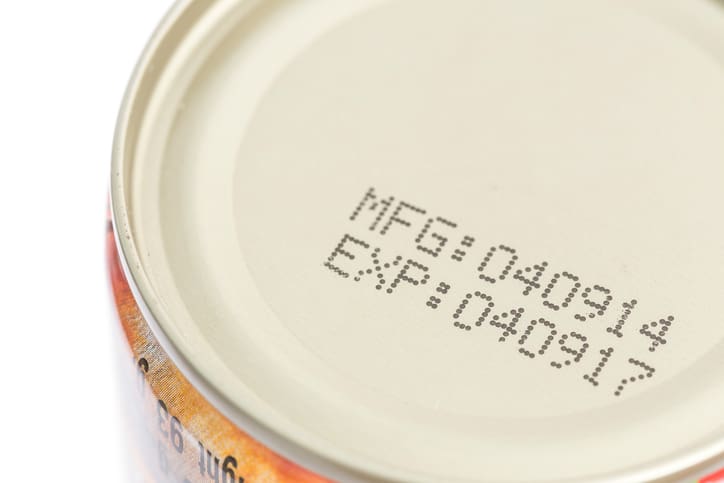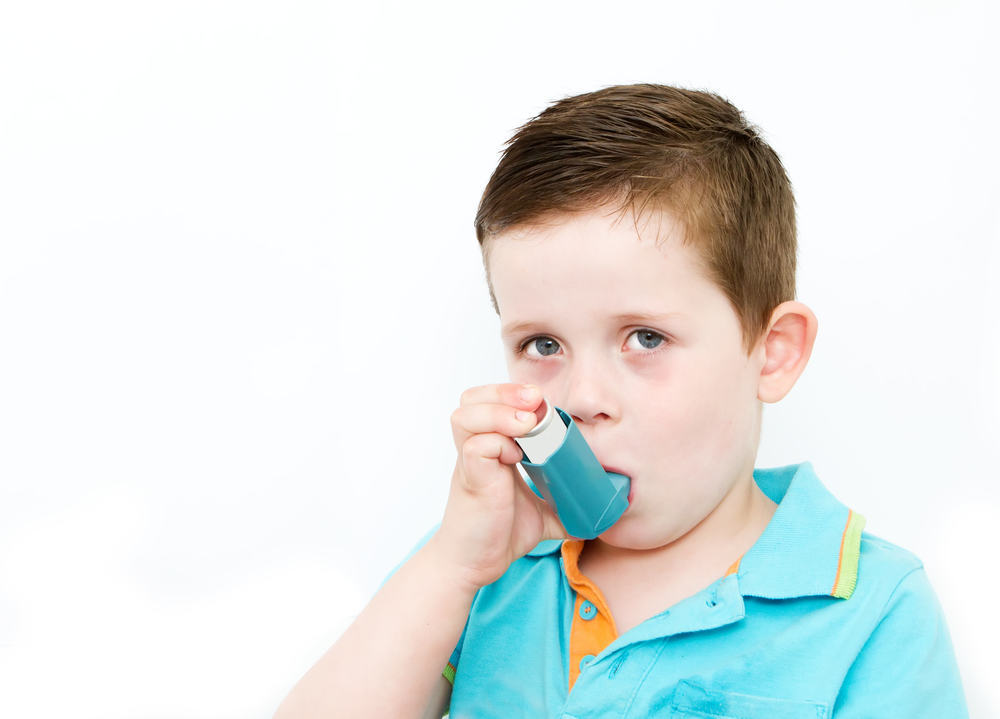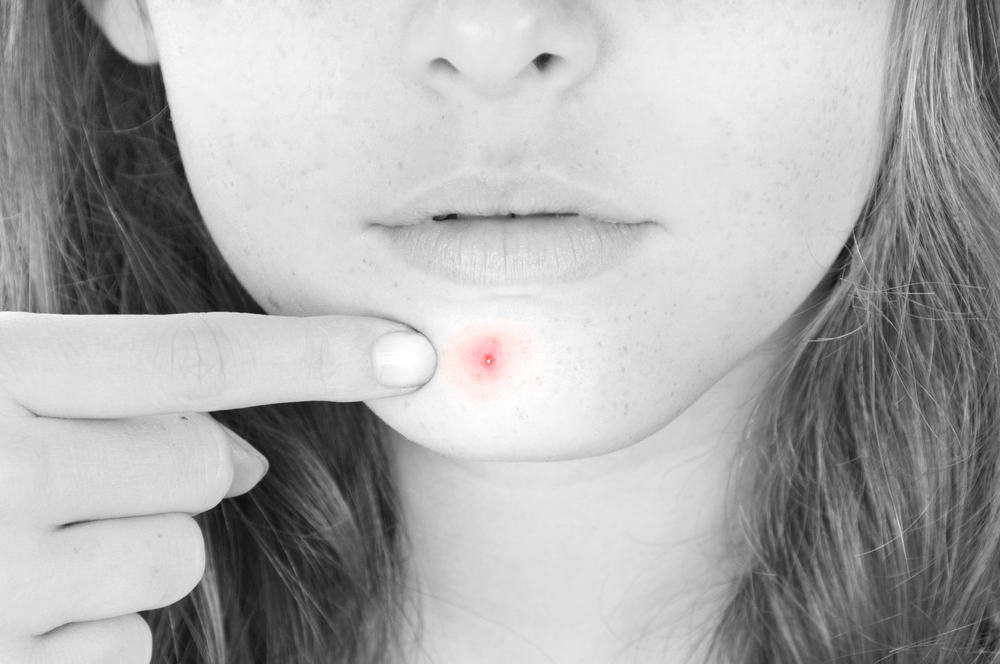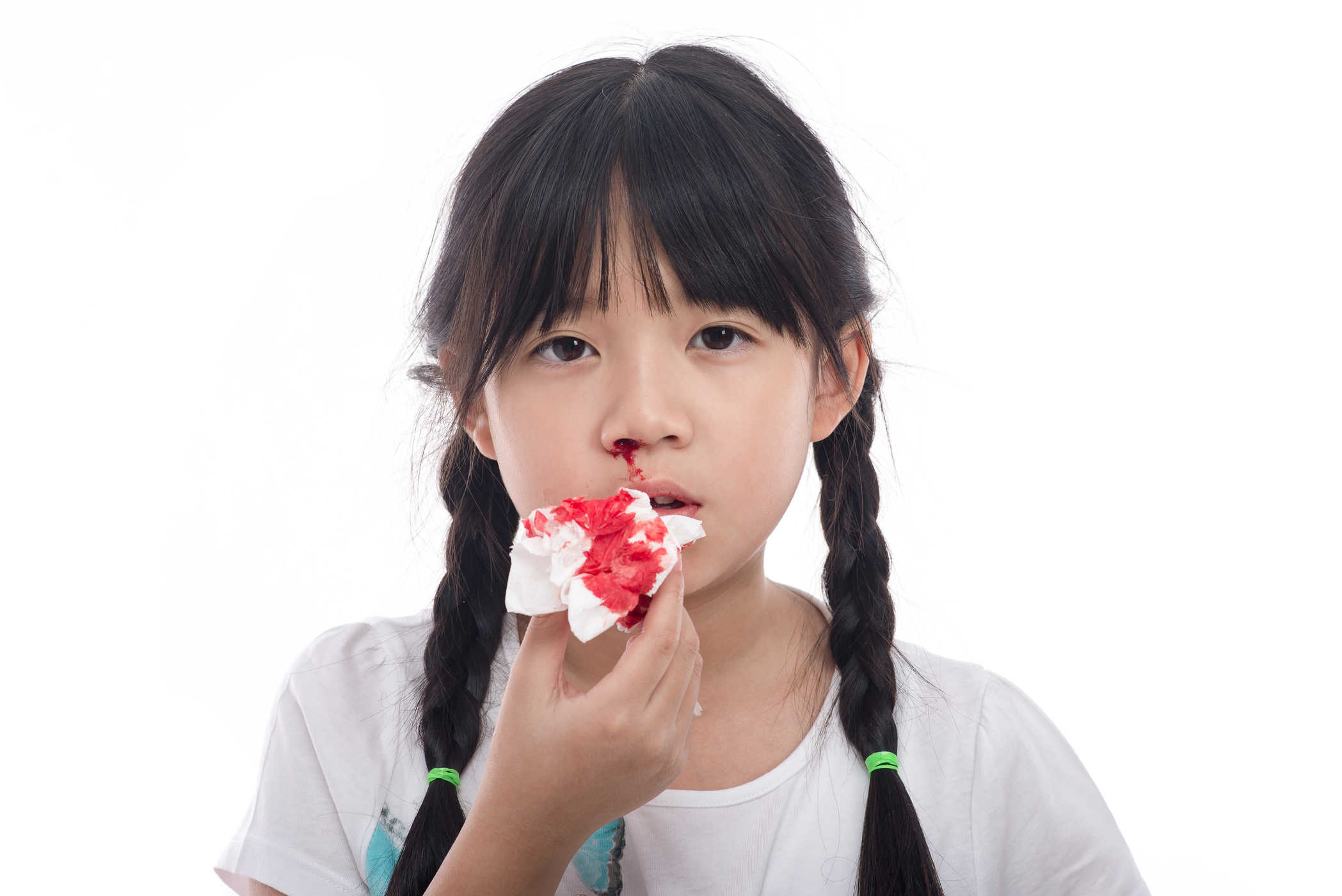Contents:
- Medical Video: Top 5 Facts about Expiration Dates
- 1. Some terms for expiration dates
- 2. "Best before" date for unopened products
- 3. Foods that have passed the "best before" date can still be consumed
- 4. But, there are some traits to watch out for
Medical Video: Top 5 Facts about Expiration Dates
Each packaged food product must include an expiration date. The expiration date is the safe limit for the food consumed. If it passes from that date, the food will not be suitable for consumption. But, have you really understood what is meant by expiration date? It could be that your assumption is wrong so far, for that find out more about expiration here.
1. Some terms for expiration dates
There are several terms that indicate the expiration date for each food product. All you need to know is that the meaning of each of these terms can be different. Such as the following:
- Date "sell by", meaning that for how long this product can be displayed in the store. So, you as a consumer should buy the product before the due date. However, these food products are still safe to eat a few days after this date as long as the storage is correct and the product condition is still good (including freshness, taste and consistency). "Sell by" is the last date the product is at the highest quality level.
- Date "best if used by" or "best before", meaning that food products are consumed well before that date because the quality (regarding freshness, taste and texture) is very good before that date. For example, bread has passed that date but the quality is still good (not moldy), then bread can still be consumed.
- Date "use by", meaning this is the last date the product should be used. After this date, product quality (including taste and texture) will decrease.
- Expiration date or "expiration", often abbreviated as "exp" means that the product will not be suitable for consumption again after passing this date, it is better that the food is immediately discarded. This is a date relating to food security. Usually listed in canned food or packaging.
2. "Best before" date for unopened products
Often you see food products with dates "best before" or "good to use before", this date only applies to unopened products. If the product has been opened and then you save it, then you are not recommended to refer to this date.
Foods that have been opened will be more likely to be contaminated (eg from the air). Thus, the quality of the food may decrease before the "best before" date, especially if the food is not stored properly. The texture, taste, freshness, aroma, and nutrient content in food can change after long exposure to air.
To prevent the quality of food decreasing or moldy food, you should immediately use food products that you have opened. Or, if not, you should save the food products properly according to the instructions listed on the packaging.
3. Foods that have passed the "best before" date can still be consumed
The date "best before" or "good before" refers more to the quality of food rather than food safety. So, if the date is past but the quality of food is still good, then you can still consume the food. This is different from the date of "expiration" which refers more to food safety.
For example, you can consume milk and yogurt safely for 2-3 days after the date "good to use before" it. But, with a note that the product packaging has not been opened and you can still receive the quality of milk. If you are unsure about the food, you should just throw it away.
4. But, there are some traits to watch out for
Foods that are susceptible to contamination should not be used after passing the date "either used before" or "best before" it. Some of these foods are like fresh fish, shellfish, and meat.
The most important thing is to pay attention to your food before use, especially if the food has passed the "best before" date. In general, if food has changed color, texture, taste, or smell, it means that food is not safe to eat. Damaged food packaging (especially canned packaging) can also indicate that food is not safe for consumption.












